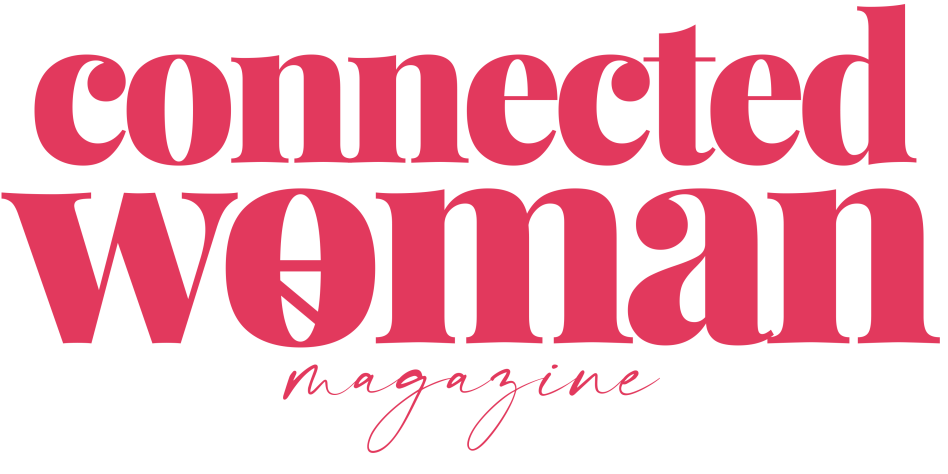It Didn’t Really Happen
If you ever worked in medicine or any of the other fields in which documentation is important you are familiar with the phrase
If it’s not written down, it didn’t happen.
• The medicine wasn’t given.
• The lesson wasn’t taught.
• The invoice wasn’t sent.
I have found that phrase has been so embedded in many people that they begin to apply it to all parts of their lives. If they didn’t write it down, or if they didn’t talk about it, then the event they didn’t want to think about didn’t really happen.
 • If I don’t talk about being fired, it didn’t happen.
• If I don’t talk about being fired, it didn’t happen.
• If I don’t write about being abused, it wasn’t real.
• If I don’t share that my mother/father/spouse is an alcoholic, it’s not true.
Yet these events swirl around in the back of our minds and impact on our ability to enjoy life and to function as a fully aware human being.
We’re afraid that if we share how our lives are different from “the norm” that we won’t be liked; we will be shunned.
My mother had six children – five girls followed by one son. Johnny lived about a month before dying of SIDS during a nap.
One of my mother’s ways of dealing with her pain was to turn to alcohol. By the time I was in junior high (would be middle school these days) she was a practicing alcoholic. Yet still a very attractive, charming woman.
I don’t think any of us will forget the time she damaged the car at a local gas station. This was before local stations had hydraulic lifts. She had to drive the car over an actual pit that the workers would climb down into to lube the car.
Mom had been drinking enough that her depth perception was off and instead of driving onto the platform she went down into the pit.
Somehow she convinced the owner of the station that the station was at fault, not her. They paid for all of the damages – to our car and their equipment.
Now, we haven’t forgotten the story, and we all know why it happened, but it was years before we could discuss the story behind the story. And our dad was never able to acknowledge, at least with me, that Mom had a problem with alcohol, much less that she was an alcoholic.
If you don’t talk about it, it’s not real.
As I have worked on this article I have realized that it is much easier to write about things that have happened in the past rather than what’s happening in my life now.
My husband, Frank, has been experiencing some changes in his memory over the past couple of years. The label of Alzheimer’s disease has been applied. While he is still in the early stages I am in the process of learning what it is like to be in the caretaker role.
He can still do some cooking, empty the dishwasher, and handle most personal care on his own. It’s safe to leave him home alone for a couple of hours. He can get around okay in familiar settings, like our church.
It’s easy to forget that there have been changes until he asks things like “What is an ambulance?” He worked in mental health for over forty years, some of those years in a hospital clinic, and this was part of his everyday vocabulary. Now, some days, it isn’t.
We have been partners for over fifty years, making major decisions based on discussion of the information available at the time. He is no longer able to participate in these discussions.
He is at a stage where he is still okay in many social situations. Longer conversations become a problem as he becomes repetitive in his comments or clearly doesn’t understand the topic being discussed.
Life is changing for both of us. He is now spending three days a week at a day care center, Memory Matters, with others who are struggling with dementia. I am reaching the point where I can share this beyond the family and close friends.
One of the things that has made life easier for me is participating in a support group of other caregivers of people with dementia. Part of this comes from just the reinforcement that I’m not alone in this process. Part of it comes from learning more about the disease and what to expect at different stages.
Knowledge doesn’t remove the confusion and the sadness but it does make life easier to figure out as the changes come.
Not talking about it didn’t keep it from being real. Talking about it has made a difference in my ability to live with this reality.
If dementia has become a part of your family’s experience, the Alzheimer’s Association is a great source of information. ( www.alz.org )
The Purple Sherpa ( www.thepurplesherpa.org ) is another good support for caregivers. They also have a private Facebook group, The Purple Sherpa Basecamp.

Very well written Mary Lou…and Oh so True
I was in the car with Mom when gas station caper
happened!!!
My Heart and prayers go out to you and Frank.
So glad you can be so open about these challenges and find the Support you both need.
You are so wise….not discussing an issue/event does not make it go away.
You can’t change what you don’t acknowledge!
Love you Sister